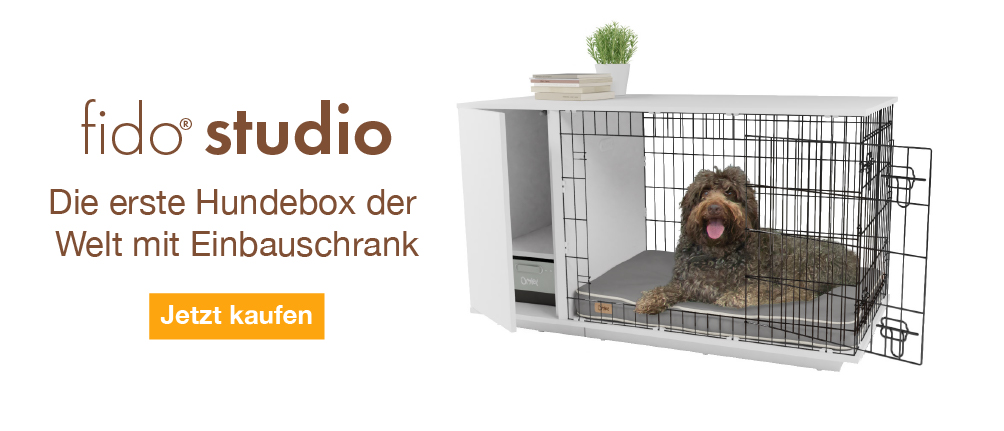Foxhound (American)


Geschichte
The American Foxhound first arrived in America in the 1650's when they were introduced by the English. By the 1700's, fox hunting had become a popular sport with the upper classes and riding out with a pack of Foxhounds was seen as a status symbol. American Foxhounds have an incredible nose for scent and will run for miles chasing their quarry. The breed was crossed with American Coonhounds and Irish Foxhounds to produce the more stream-lined breed we see today. It varies from the English Foxhound, is leaner and has a greater speed.
Verhalten
Bred as a pack dog, Foxhounds do surprisingly well as a pet. They do need either canine or human company, but fit well into home life. Foxhounds are gentle dogs with a loving nature and are rarely aggressive. They get on well with children, other dogs and pets but can be shy with strangers at first. They don't do too well if left alone without canine companionship. Recall can and will be a problem. They were bred to roam far and wide and that is what they enjoy doing. Recall training needs to start on day one and continue for the rest of the dog's life. They will need to be watched constantly when off the lead, so best walked in a secure area to prevent them running off after a scent. Training requires skill and lots of patience, they can learn but tend to be slow and stubborn. They need plenty of exercise and the chance to run, if not they will become bored and destructive within the home. They are happy to cuddle up on the sofa and are loving and mild tempered. Foxhounds don't really bark, but bay. A long howl, which might not be appreciated by the neighbours. They make good watchdogs and are always alert, hoping they can dash after something on the run.
Their coat is easy to look after, just regular brushing to keep it looking good. They don't suffer any major health concerns and are typically a very healthy breed but can become obese if over fed and/or under exercised.
Charakter
The temperament of the American Fxhound is generally independent sweet tempered and easy going. Being pack animals they do best when kept with other dogs and should certainly not be left alone for long periods. They are good with children and their energetic nature makes them good guard dogs although they can be challenging to train.
If not exercised properely they can become bored which leads to a loud bawling howl and quick destruction of anything you leave within reach.
Gesundheitliche Probleme
Generally a healthy breed but like many breeds health problems such as canine hip dysplasia can become apparent. In rare cases some dogs may suffer from thrombocytopathy (a platelet disease that causes abnormal bleeding from wounds) or persistant ear infections.
Einzelheiten zur Rasse
- Status: Common
- Lebenserwartung: 10 - 12 years
- Produktgewicht: 27 - 34 kg
- Höhe: 21 - 25"
- Selten: JA
- Fell: Klein
- Pflegeanforderungen: Einmal pro Woche
- Stadt oder Land: Land
- Mindestanforderungen an Umgebung: Großes Haus
- Mindestanforderungen an Garten: Großer Garten
- Rassetyp: Laufhund
- Version: Größe L
- Energieniveau: Hoch
- Benötigte Bewegung: Mehr als zwei Stunden







